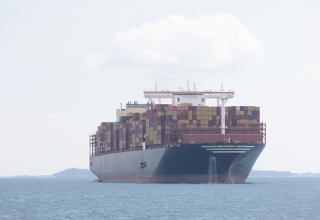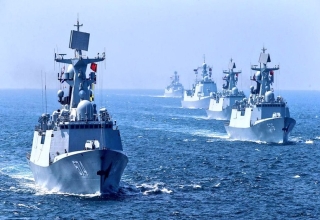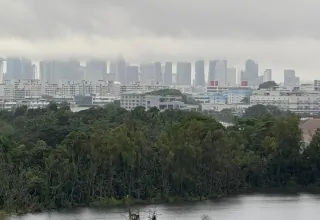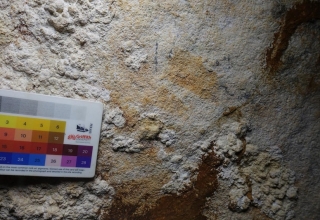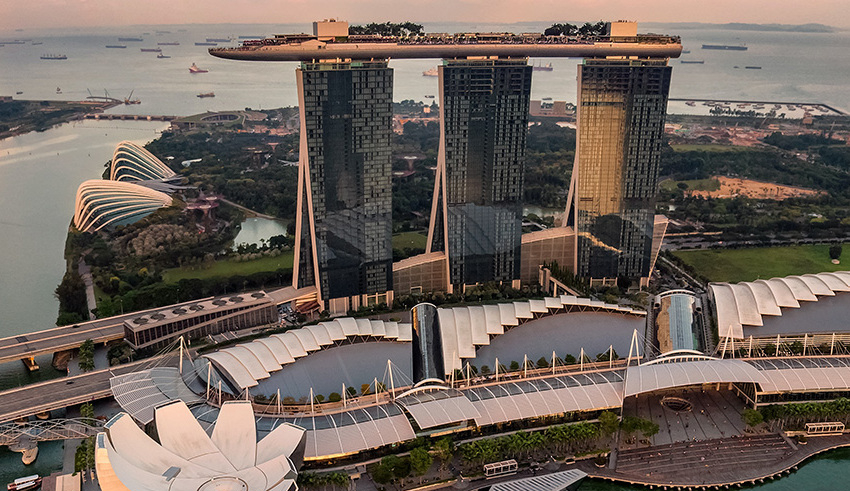
Singapore is experiencing an inflow of ultra-wealthy Chinese families seeking refuge from the Chinese Communist Party, who view them with growing distrust.
Recent Beijing crackdowns on internet billionaires and tax-averse celebrities, as well as three years of zero-COVID policy that ended only this month, have prompted many wealthy Chinese to seek refuge abroad.
According to AFP sources, several of the nation’s ultra-wealthy have since purchased plane tickets to Singapore out of concern for their riches.
The important Asian financial hub meets all the requirements for moving business magnates.
The People’s Action Party has dominated Singapore for the past six decades, and worker strikes and street rallies are prohibited. The taxes are quite cheap, and the majority of the population is Chinese.
Recent Chinese immigrants are strongly felt in Singapore, with some relocating to waterfront luxury mansions on Sentosa Island, which also contains a theme park, casino, and famous golf club.
“You cannot fathom how they squander their money. It’s insane,” CEO of AIMS, a company that provides immigration and relocation services, Pearce Cheng stated.
He recalls visiting a Chinese client’s party when a bottle of rare Japanese “Yamazaki 55” whiskey, valued at around $800,000, was served.
Cheng’s company also helps wealthy Chinese discover luxury condominiums, employ chauffeurs, and enroll their children in elite schools. It once even purchased cigars for $61,000.
The newcomers drive Rolls Royces and Bentleys and are frequently observed at luxury golf clubs like the Sentosa Golf Club, where international members spend $670,000 per year.
Keep Reading
“Many of them are younger Chinese, dressed in stylish brand clothing, and they typically dine alone, which is not surprising,” said Benny Teo, managing director of the golf-focused consultancy Blazon.
Jack Ma, co-founder of Alibaba Group and one of the most recognizable Asian billionaires, lost an estimated $25 billion in 2020 when Chinese authorities cancelled a spectacular initial public offering (IPO).
A CPA familiar with the issue told AFP that other Chinese tycoons worry the Communist Party may apply similar pressure or possibly seize their enterprises at low rates.
“Moving to Singapore ensures that the family’s fortune is preserved and can continue for generations,” the accountant explained.
Singapore is increasingly perceived as a home rather than a backup plan, according to a second industry source, who added that clients have told him, “At least I know my money is mine when I’m here.”
Recently, one of the founders of Haidilao, the largest hotpot chain in China, also established a family office in Singapore.
According to the Monetary Authority of Singapore, the number of family offices – wealth management organizations specialized to individual and group assets – increased from 400 in 2020 to 700 in 2021.
Loh Kia Meng, co-head of private wealth and family office practices at the law firm Dentons Rodenbeck, anticipated that 1,500 family offices will have been established by the end of 2017.
Analysts anticipate the outflow to continue even if China’s tough zero-COVID policy and restrictions have been removed.
Political tensions between Beijing and Washington strengthen the desire of some of China’s wealthiest individuals to relocate overseas.
Singapore is a “very convenient neutral zone” where the ultra-wealthy may do business, according to Song Seng Wun, regional economist at CIMB Private Banking.
The nation has carefully handled its relations with both Washington and Beijing, keeping tight security ties with the United States and significant trading ties with China.







